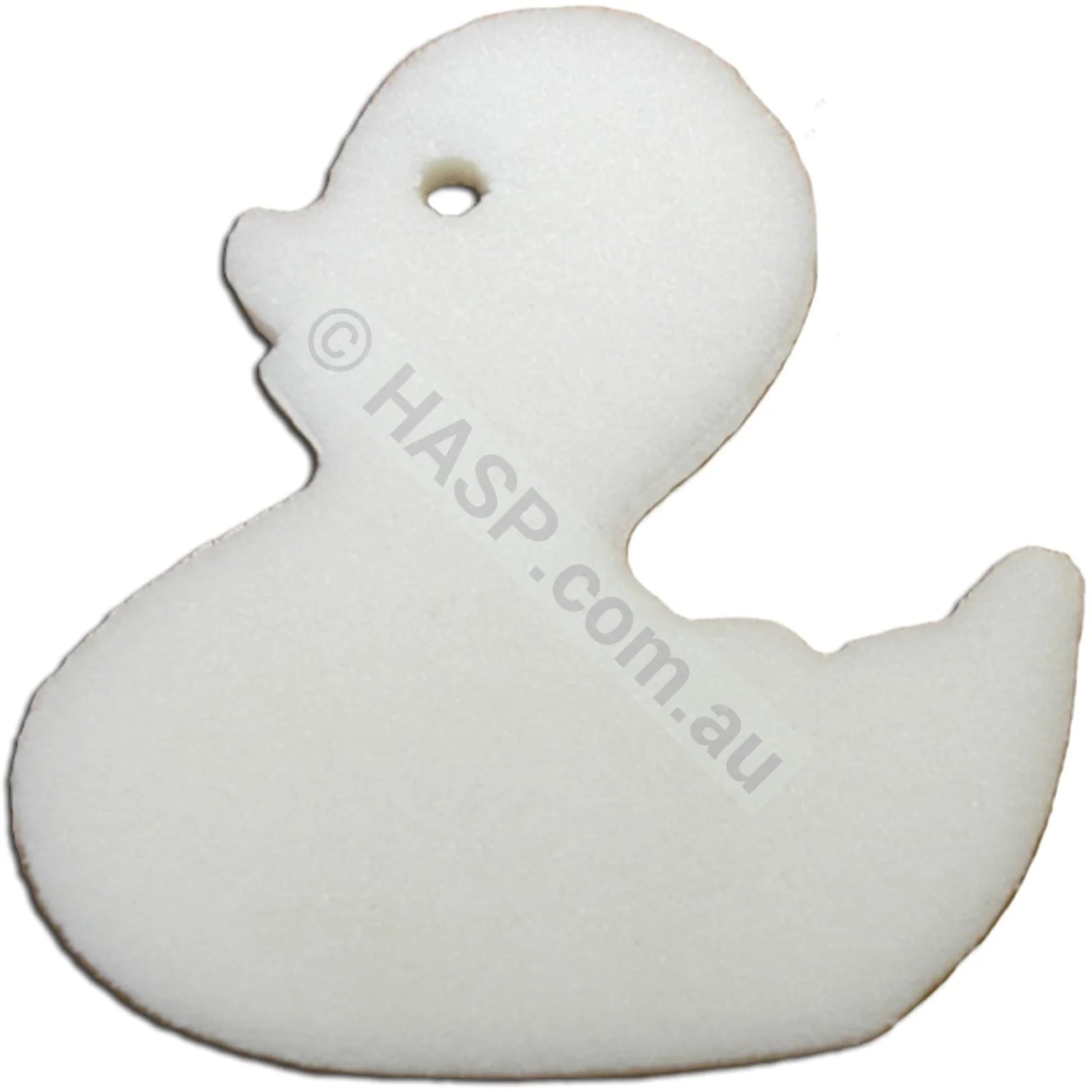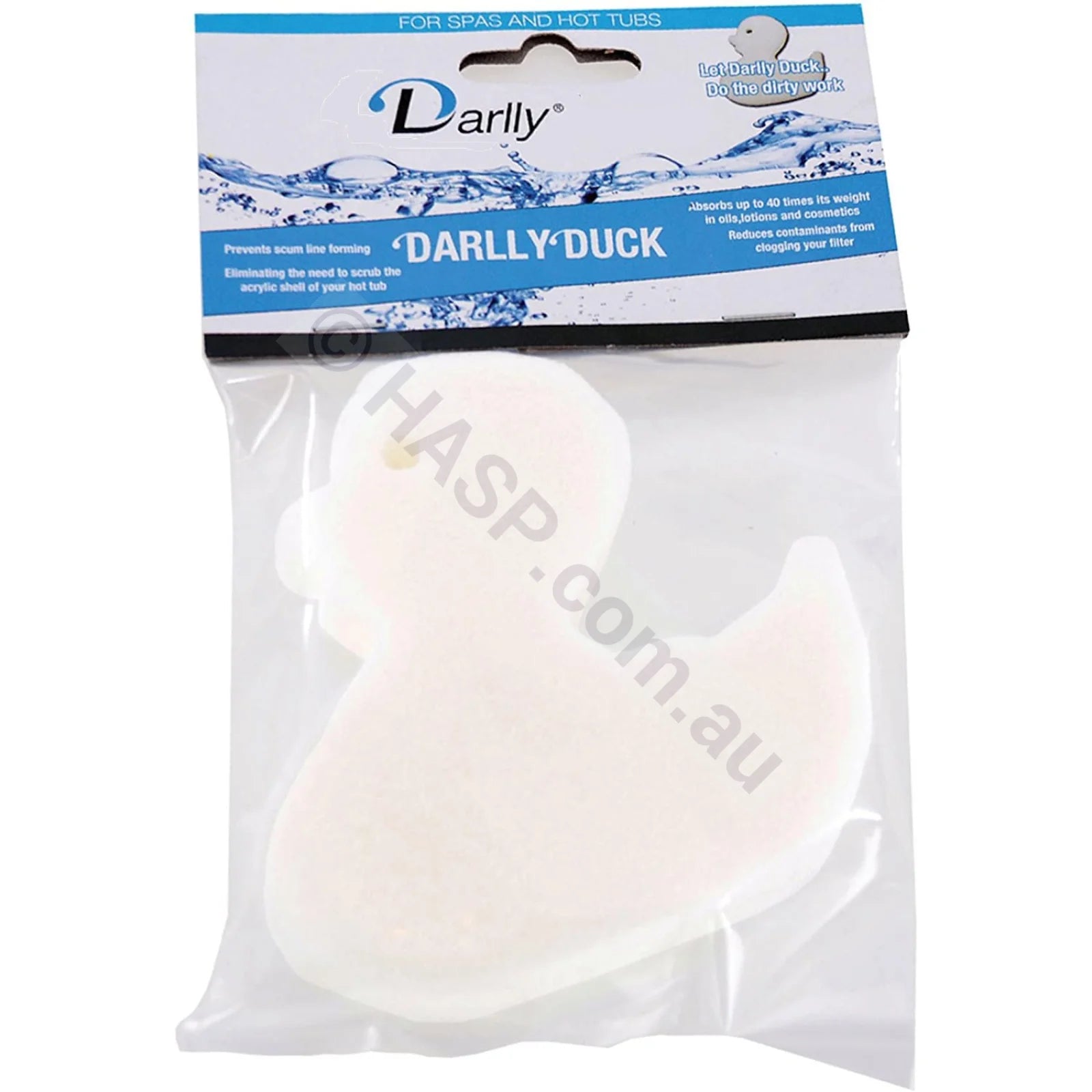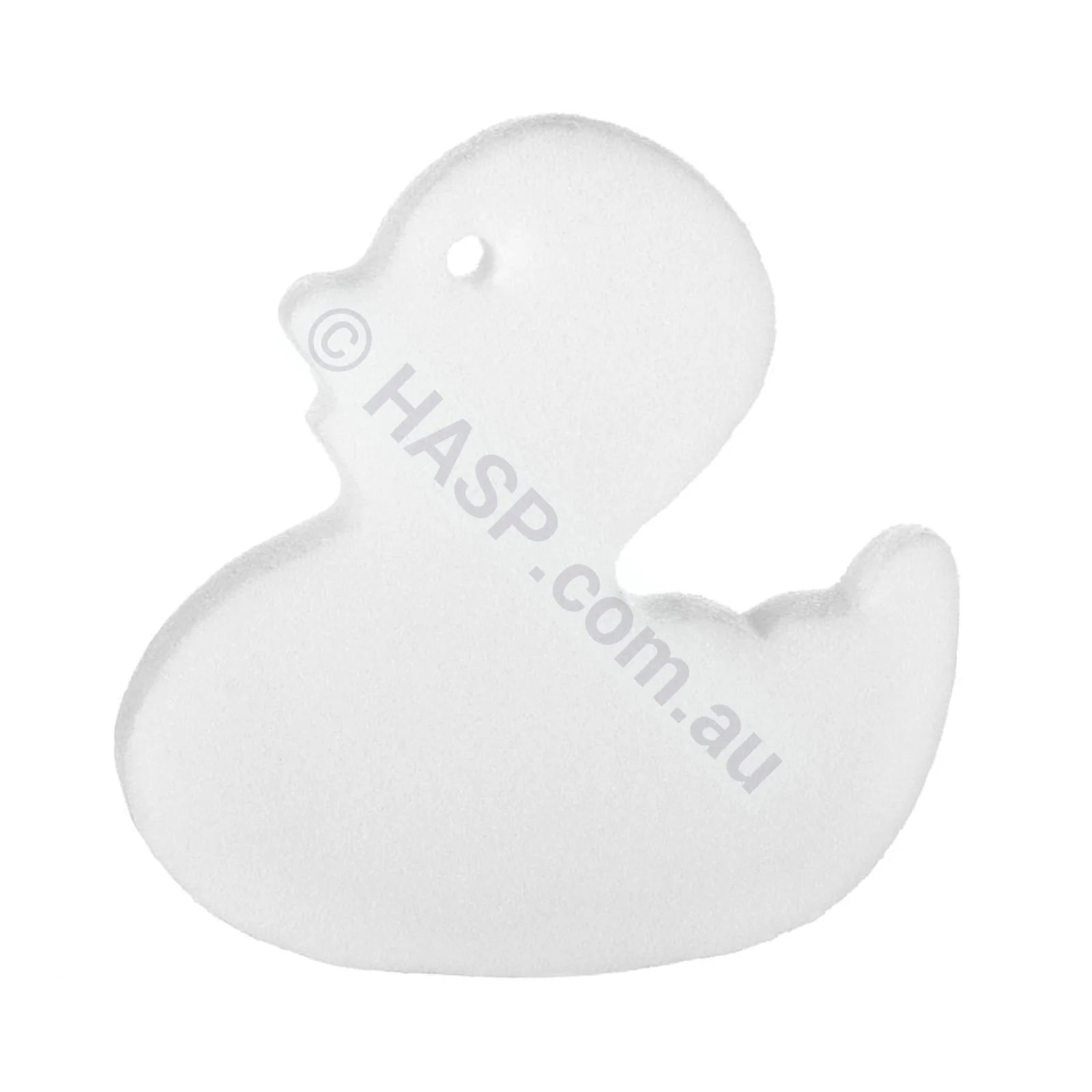Description
The Darlly Duck is a water absorbent floating sponge to soaks up oils, lotions, cosmetics and helps reduce scumlines in spas & pools. Essential for pools and spas.
Details:
- Prevents dirty scum lines
- Reduces filter clogging
- Absorbs up to 40 times its weight in oils, lotions and cosmetics.
- Reduces the need to scrub acrylic on spas.
Just place the duck in the water and you're good to go. If one side of the duck gets dirty just flip it over. The Duck can be rinsed out and used again.
Due to Covid-19 supply disruption, this may be substituted with another sponge shape.



